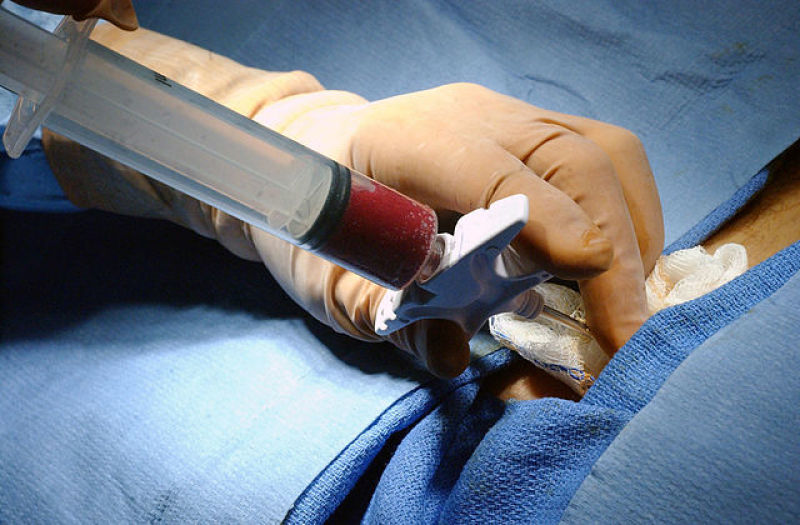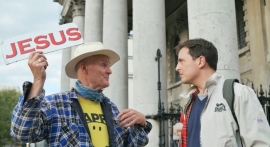
In celebration of World Bone Marrow Day, U.S. college students visited various schools on September 19 in search of bone marrow donors.
The move is part of an effort to increase the number of donors in the country to curb the number of deaths caused by serious diseases.
According to a report by Forbes, illnesses including leukemia, multiple myeloma, sickle cell disease, lymphoma and marrow failure states can be cured through successful bone marrow transplants. However, since the country is composed of multiple ethnic groups, the percentage of finding the right match for certain patients is a bit low.
Caucasians have a better chance have almost 100 percent chance of finding a good match since 77 percent of the country's population is white. African Americans, on the other hand, have a smaller chance since they only account for 13 percent of the population.
Other minority groups such as Hispanics, Asians, Native Americans and Pacific Islanders, however, have even slimmer chances.
This is what Jay Feinberg, founder of the Gift of Life Bone Marrow Foundation, encountered when he was 22 years old. At a young age, he was diagnosed with leukemia. However, since he is Jewish and 6 million of his ancestors were wiped out during World War II, his chances of finding a suitable bone marrow donor were almost zero.
Fortunately, four years later, he was able to find a compatible donor and he successfully recovered from his illness. This led him to form the Gift of Life Bone Marrow Foundation which helped in increasing the bone marrow match for Jews to 80 percent.
According to Feinberg, the lack of awareness is a major factor regarding the compatibility issue for those who need bone marrow transplants. As proven through his personal experience, the chances of minority groups in finding the right match can be significantly improved by the abundance of donors.
Based on a report released by the Institute for Justice, an average of 1,000 individuals die each year due to the lack of donor matches.
Through the drives conducted on World Bone Marrow Day, the college students aim to reverse the chances of minority groups in finding a suitable donor. Hopefully, more people from the various ethnic groups will donate bone marrows reduce the number of deaths from diseases.
Currently, the U.S. has two major organizations that accept bone marrow donations. One is Feinberg's Gift of Life Bone Marrow Foundation and the other is the National Marrow Donor Program's Be the Match organization, according to ShareTweet

















